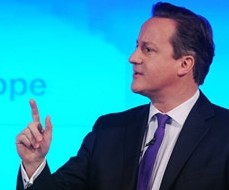
Playing the referendum game
This morning, in his much anticipated speech on the European Union, David Cameron announced that he would seek to renegotiate the terms of the UK’s membership of the EU and then offer an in/out referendum to the British public. It was the sort of ‘announcement’ only possible in politics – something we’ve more or less known was coming for months, the details of which were released the night before.
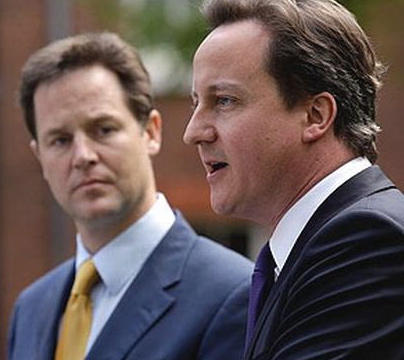
What Next for Britain’s Pro-Europeans?
Having, until now, benefited from the tacit support of the existing political elite, Britain’s pro-European lobby has had less incentive to create a formal political movement. However, if the anti-European jungle drums continue to beat louder, it seems only a matter of time before the pro-Europeans organise, perhaps in advance of the June 2014 European elections.
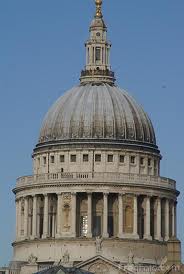
Same-Sex Marriage, National Churches and the Labour Party
On 11 December, the government announced its response to the consultation on same-sex marriage that took place from 15 March through 14 June 2012. The initial consultation concerned how (not whether) to proceed with same-sex civil marriage. In its response to the initial consultation, the Church of England failed to respond to the question that the government had asked. It took the position that all marriage (civil or religious) was the same and that same-sex marriage should not be offered by the state.
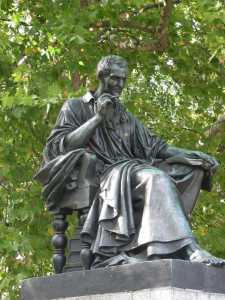
The Commercial Republic: A contradiction in terms?
Republican thinking today relies heavily on a classical conception of citizenship. Can this ever be compatible with modern commercial society?
If there are resources in republicanism for re-thinking the contemporary economic order, it might be worth turning to a republican thinker who wrote on the topic of political economy. Jean-Jacques Rousseau in “A Discourse on Political Economy” articulated a key worry now held by various groups today, including the Occupy movement, dissatisfied with existing political responses on poverty, education, health care and economic opportunity.
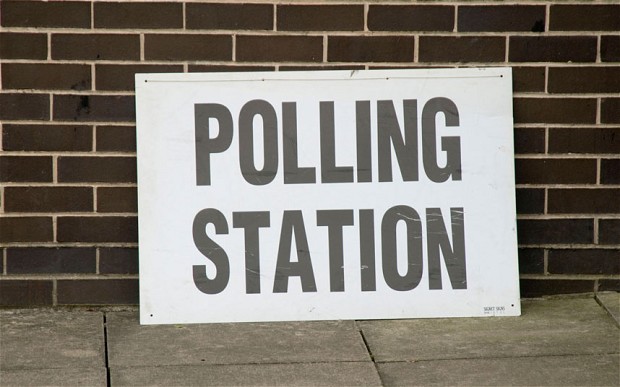
Democracy in Britain: Decline, reform, and a place called Bettws
Political pundits in Britain often frame competition in elections as a fight for ‘middle England’. Each election, they invent names such as ‘Essex man’ or ‘Worcester woman’ to describe archetypal voters representative of marginal constituencies necessary to win a parliamentary majority. Bettws ward in Gwent, Wales, may not be the typical bellwether for the nation’s politics, but its significance rose with the first ever election of Police and Crime Commissioners (PCCs) across England and Wales.
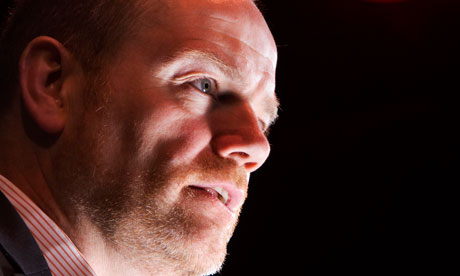
Mark Thompson: The Cloud of Unknowing
This week, Mark Thompson, former Director General of the BBC, gave a series of three lectures as part of his Humanitas Visiting Professorship in Rhetoric and the Art of Public Persuasion, in honour of Philip Gould. These lectures were all centred around the theme of how the language and tone of public debate has changed in recent years in ways that have been detrimental to the cause of public understanding and has created a ‘cloud of unknowing’ within the wider public regarding matters of civic policy.

The referendum is not an instrument of democracy
On Monday David Cameron and Alex Salmond signed an agreement allowing the Scottish government to hold a referendum on independence. The Scotland independence referendum will be the latest in an ever growing list of referendums held in the UK that began in earnest with the Blair government.
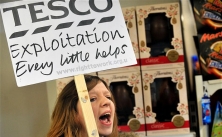
What Do We Owe to Each Other? Welfare, Conditionality and the Left
Barely a week passes these days in the UK without a new story and controversy over the Coalition government’s changes and cuts to welfare. One controversial feature is what policy wonks call ‘conditionality’: making eligibility conditional on some prescribed activity (usually) related to work. Most controversial is ‘workfare’: requirements that benefit recipients work full-time while receiving benefits rather than a wage. Many have compared workfare, in this sense, to slavery.









